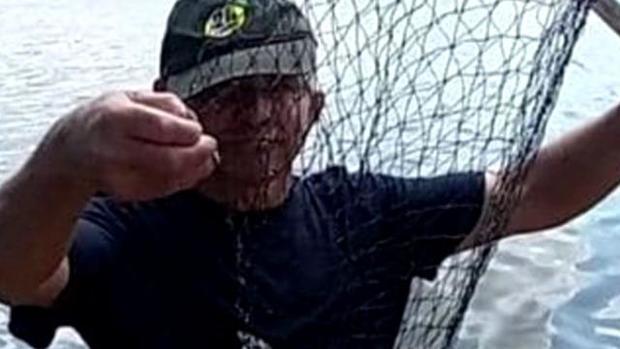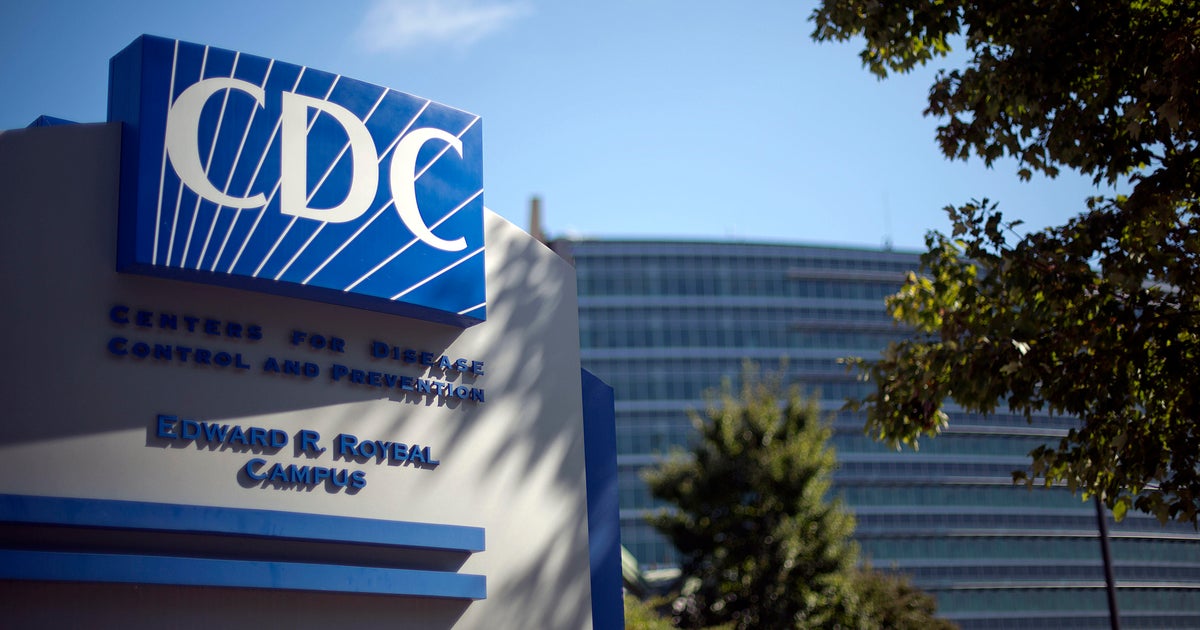Man could lose limbs after contracting flesh-eating bacteria in New Jersey waters
MILLVILLE, N.J. – It's a summertime tradition — fishing for crabs in rivers and bays. But a New Jersey man from Cumberland County who has done it many times before is now fighting for his life after contracting a flesh-eating bacteria while crabbing, CBS Philly reports.
"The choice is life or limbs and I've heard that multiple times," said Dilena Perez-Dilan, after her 60-year-old father, Angel Perez, contracted the disease while crabbing last week off the Maurice River in Commercial Township. "The sores started showing up on his legs and he started hallucinating."
Perez-Dilan says on July 2 her father was crabbing at his favorite spot near Matt's Landing on the river. Complaining of pain, he went to an urgent care center the next day and got antibiotics, but the swelling only got worse as the bacteria spread to his bloodstream.
"They told us that his kidneys shut down and that he would need dialysis immediately," she said.
Perez had to have a leg surgically drained as an infectious disease doctor investigated the cause of the infection. It turned out to be Vibrio vulnificus, a bacteria common to warm brackish water that is usually only a concern if you eat contaminated raw shellfish.
"Typically, when you get an infection like this, it enters through an existing wound and can spread throughout the bloodstream and can cause other complications such as necrotizing fasciitis, which he unfortunately got," said Cumberland County Health Officer Megan Sheppard.
In other words, it's a flesh-eating bacterial infection. The Centers for Disease Control and Prevention only sees about 200 such cases nationally each year.
"Vibrio is a water-borne bacteria," Dr. Kelly Powers, part of the surgical staff at White Plains Hospital in New York and at Stamford Hospital in Connecticut, explained on CBSN. "It thrives in warm water — over 68 degrees Fahrenheit, specifically — and what we call brackish waters. What is that? It's decreased in salt concentration. So, ocean water, you're probably going to be OK because it's high salt concentration. But rivers where it's kind of a mixed water concentration, floodwater's another big one, you know, back in the floodwaters in Texas and [after] Katrina we saw a lot of Vibrio cases then. So those are the areas that you want to watch out."
Perez apparently had an open wound that allowed the bacteria to enter his body.
"The biggest take-home message possible here is, if you're an immunocompromised individual, that's when you have to be careful. So you know, a healthy person, there's always that risk, but not to the point where we really have to be worried about ordering oysters on a boardwalk or going to a river to fish with our family," Powers said.
In Perez's case, his immune system was compromised because he has Parkinson's disease, CBS Philly reports. With the prognosis still unknown, the Perez family is praying Angel leaves the hospital with his life and limbs.
"We've all been praying and I think our spirituality, our religion, has been allowing us to get through without going into a chaotic mess," said Perez-Dilan.




